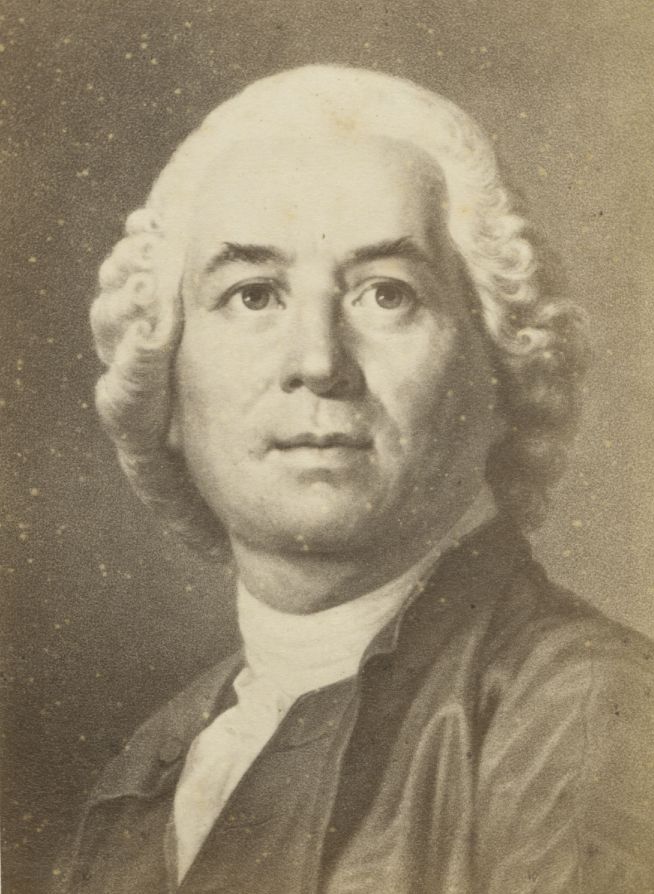
Sublime, supreme Gluck! I kneel before thee, O thou who standst above all other composers! Thou who castst forth thy radiant light upon us, pure and exalted as the light of holy Apollo! Immortal, eternal, and ageless, O Gluck!
- Born: 2 July 1714, Berching, Germany
- Died: 15 November 1787, Vienna, Austria
Gluck’s fame rests on the five reform operas he composed towards the end of his career: Orfeo ed Euridice, Alceste, Iphigénie en Aulide, Iphigénie en Tauride, and Armide.
In an age when Baroque opera seria had become an extravagant vehicle for star singers, Gluck argued that music should serve drama, not the other way around, and called for truth and expression in opera: a return, in effect, to neo-Classical principles.
He set out his aesthetics in the foreword to Alceste:
In writing the music of this opera, I sought to reduce music to its true function: that of seconding poetry to strengthen the expression of feelings and the interest of situations, without interrupting the action and cooling it down with superfluous ornaments. I believed that music should add to poetry what is added to a correct and well-composed drawing, the vivacity of colours and the happy harmony of lights and shadows, which serve to animate the figures without altering their contours… I imagined that the overture ought to warn the spectators of the character of the action which was to be placed before their eyes, and to indicate to them the subject; that instruments should be put into action only in proportion to the degree of interest and passion, and that, above all, it was necessary to avoid, in dialogue, a too sharp disparity between the air and the recitative, in order not to truncate the period in a counter-direction, and not to clumsily interrupt the movement and the heat of the scene. Again, I believed that the greater part of my work should be reduced to seeking a beautiful simplicity, and I avoided making a parade of difficulties at the expense of clarity; I have attached no value to the discovery of a novelty, unless it is naturally given by the situation and connected with expression. In short, there are no rules, which I have thought it my duty to sacrifice with good grace in favour of effect. These are my principles…
These operas, almost all on Greek legendary themes, are noble in spirit; they have an idealistic, Enlightened vision of humanity, and depict love, friendship and reason triumphing over hatred and superstition.
Wagner saw in him a model for his own music dramas, while Berlioz saw himself as his artistic heir. (See “Berlioz and Gluck”, The Hector Berlioz Website.)
OPERAS
- Artaserse (1741)
- Demetrio (Cleonice) (1742)
- Demofoonte (1743)
- Il Tigrane (1743)
- La Sofonisba (1744)
- Ipermestra (1744)
- Poro (1744)
- Ippolito (1745)
- La caduta de’ giganti (1746)
- Artamene (1746)
- Le nozze d’Ercole e d’Ebe (1747)
- La Semiramide riconosciuta (1748)
- La contesa de’ numi (1749)
- Ezio (1750; revised 1763) ***
- Issipile (1752)
- La clemenza di Tito (1752)
- Le cinesi (1754)
- La danza (1755)
- L’innocenza giustificata (1755)
- Antigono (1756)
- Il re pastore (1756)
- La fausse esclave (1758)
- L’île du Merlin, ou Le monde renversé (1758)
- La Cythère assiégée (1759; revised 1775)
- Le diable à quatre, ou La double métamorphose (1759)
- L’arbre enchanté, ou Le tuteur dupé (1759; revised 1775)
- L’ivrogne corrigé, ou le mariage du diable (1760)
- Tetide (1760)
- Le cadi dupé (1761)
- Orfeo ed Euridice (1762; French version: Orphée et Euridice, 1774) ***
- Il trionfo di Clelia (1763)
- La rencontre imprévue (1764)
- Il Parnaso confuso (1765)
- Telemaco, ossia L’isola di Circe
- La corona (intended for 1765; performed 1987)
- Il prologo (1767)
- Alceste (1767; French version, 1776) ***
- La feste d’Apollo (1769)
- Paride ed Elena (1770) *****
- Iphigénie en Aulide (1774) *****
- Armide (1777) ****
- Iphigénie en Tauride (1779; German version: Iphigenie auf Tauris, 1781) *****
- Echo et Narcisse (1779 ; revised 1780)